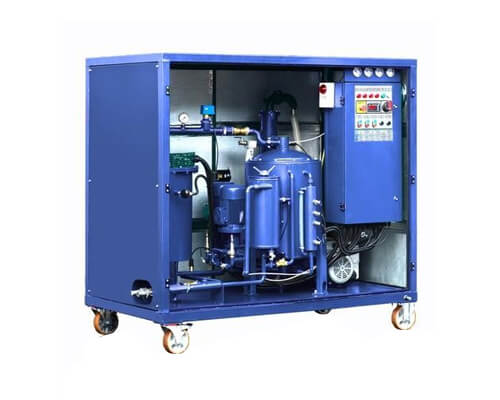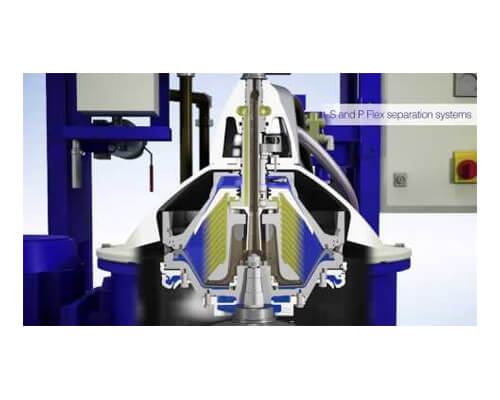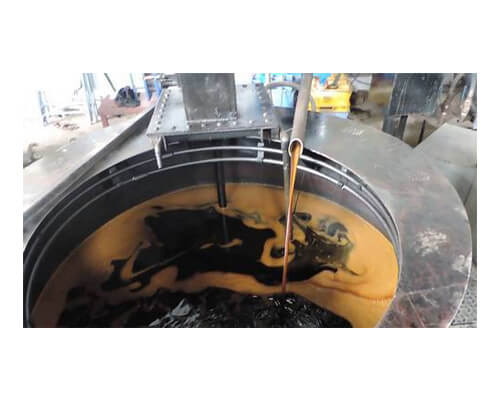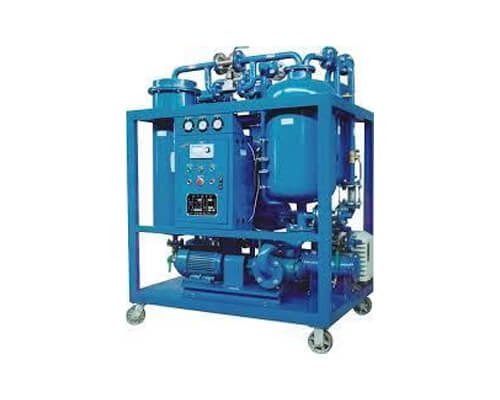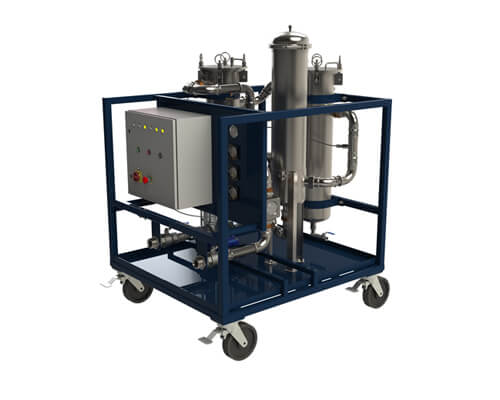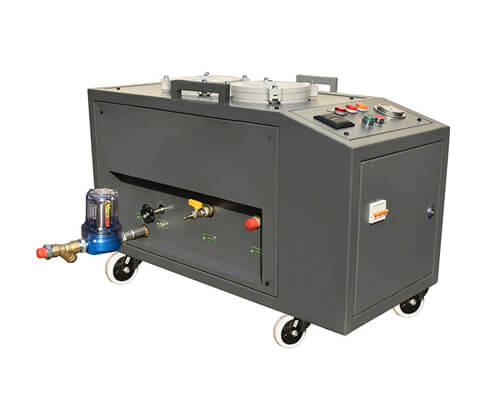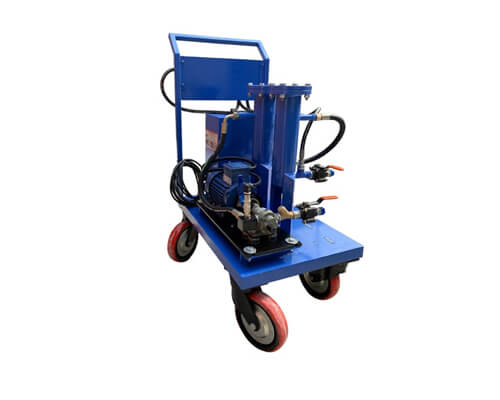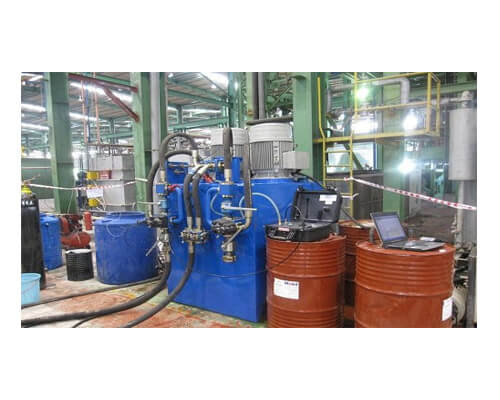Industrial Oil Filtration Services
Turbine Oil Filtration:
Mechanical parts, wheels, gears and hydraulic cylinders wear with time, forming solid particles. The abrasive particles increase the wear of mechanical parts drastically. Turbine oil filtration increases its service life and improves reliability of turbine operation.
Turbines require that the oil not only lubricates under more severe thermal and oxidative conditions, but that oil serves as a heat transfer fluid as well, carrying heat away from the bearings and shafts.
After Filtration by our Services:
- Increases Oil Standard
- Prevents Maintenance Issues
- Increases Oil Life Span
- ASTM standards to achieve the ISO/NAS standard in oil
- Cost Effective
Service Frequency: Biyearly/Yearly
Hydraulic Oil Filtration:
Machines with Clean & Perfect oil is important because if the oil were left unfiltered for a period of time, it could become saturated with tiny, hard particles that can wear surfaces in your machines and it also causes damages to pump and valve life time. There is a reduces in oil life span too and it also increase the running cost. Formation of Carbon in Oil makes maintenance issues.
After Filtration by our Services:
- Increases Oil Standard
- Prevents Maintenance Issues
- Increases Oil Life Span
- ASTM standards to achieve the ISO/NAS standard in oil
- Cost Effective
Service Frequency: Biyearly/Yearly
Quenching Oil Filtration:
When Filtration doesn’t takes place for a long period, Oxidation occurs in quench oil as it is exposed to air or oxygen. At elevated temperatures, thermal cracking may occur.
Due to oxidation which is continuously taking place as quenching is done at high temperatures there is a continuous formation of iron oxides, As any quench oil is used, its inherent properties of heat resistance, hardening ability, and finishing quality begin to degrade.
After Filtration by our Services:
- Increases Oil Standard
- Prevents Maintenance Issues
- Increases Oil Life Span
- Cost Effective
Service Frequency: Biyearly/Yearly
Lube/Gear Oil Filtration:
Its main function is to enable the formation of a film of oil between the moving parts, which reduces friction, heat, and wear between mechanical components that are in contact with each other.
Contamination needs to be purified to maintain the quality of lube oil throughout as the quality of lube oil determines equipment lifetime and its productivity. As impure lube oil leads to: Reduction in fuel efficiency. Corrosion on mechanical parts.
After Filtration by our Services:
- Increases Oil Standard
- Prevents Maintenance Issues
- Increases Oil Life Span
- Cost Effective
Service Frequency: Biyearly/Yearly
Water-Glycol Oil Filtration:
Glycol Oil is a water-miscible Oil , When Filtration doesn’t takes place for prolonged time, it may leads to loss in characteristics such as heat transfer and cooling applications.
Glycol oil may contaminated with dust, debris, sediments & Dirts.
After Filtration by our Services:
- Increases Oil Standard
- Prevents Maintenance Issues
- Increases Oil Life Span
- Cost Effective
Service Frequency: Biyearly/Yearly
Rust Preventive Oil Filtration:
Rust preventive oils are applied to metals during a semi-finished or finished stage. They work by creating a protective coating around metal which prevents contact of the corrosive substance with the metal. Without being for Filtration it creates rust on metals and contains wear metals to loss its characteristics.
After Filtration by our Services:
- Increases Oil Standard
- Prevents Maintenance Issues
- Increases Oil Life Span
- Cost Effective
Service Frequency: Biyearly/Yearly
Thermic Fluid Oil Filtration:
Thermal oils are low-viscosity fluids that are gradually heated or cooled and circulated around a system to regulate process temperatures. Thermal oils are subject to degradation when operating at higher temperatures the oxidized fluid can become corrosive and cause damage to the circulation system. These grades are developed to provide performance in broad range of application in textile, chemical, paint & varnish and petrochemical industries.
After Filtration by our Services:
- Increases Oil Standard
- Reduces Oxidization in fluids
- Increases Oil Life Span
- Cost Effective
Service Frequency: Biyearly/Yearly
Cutting Oil Filtration:
Machining or cutting oils are used extensively for metal cutting. When particle contamination causes direct yield loss or scrap due to point defects.
After Filtration by our Services:
- Increases Oil Standard
- Reduces Oxidization in fluids
- Increases Oil Life Span
- Cost Effective
Service Frequency: Biyearly/Yearly

